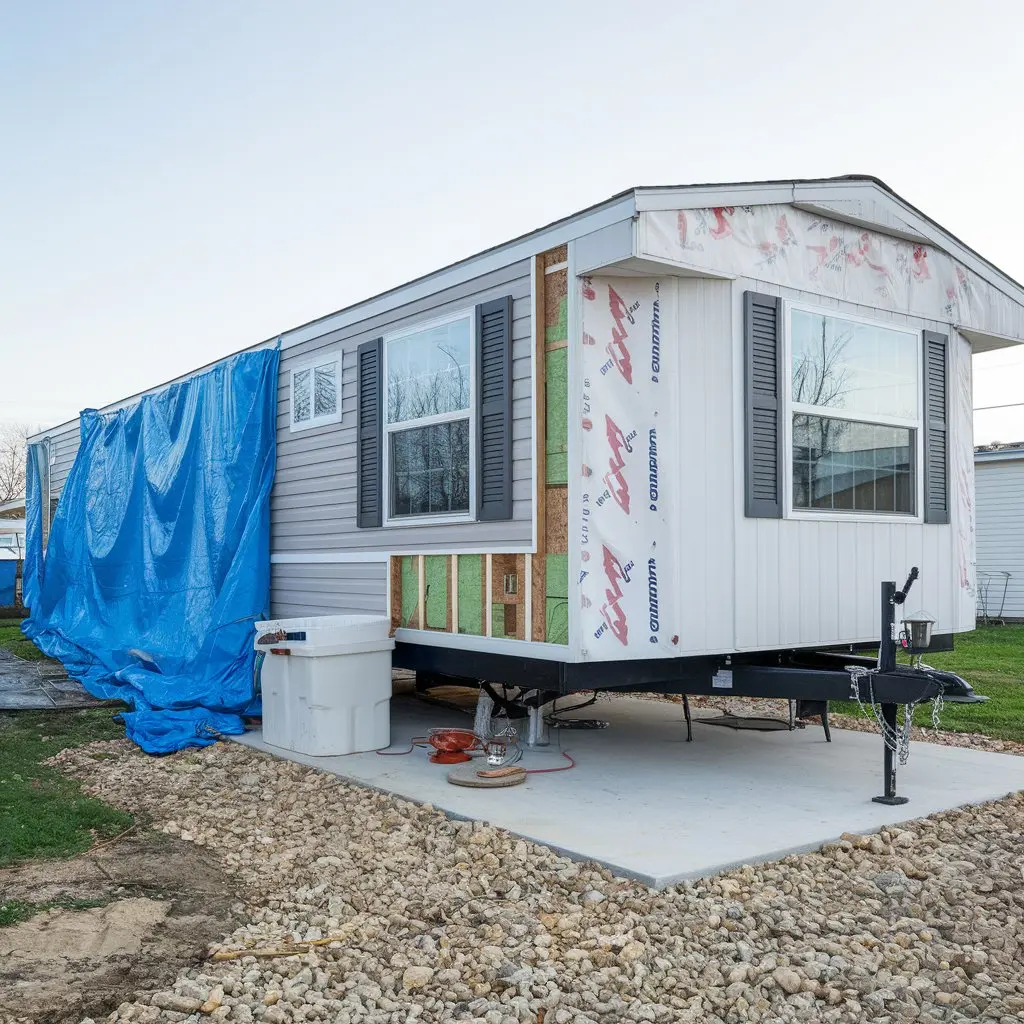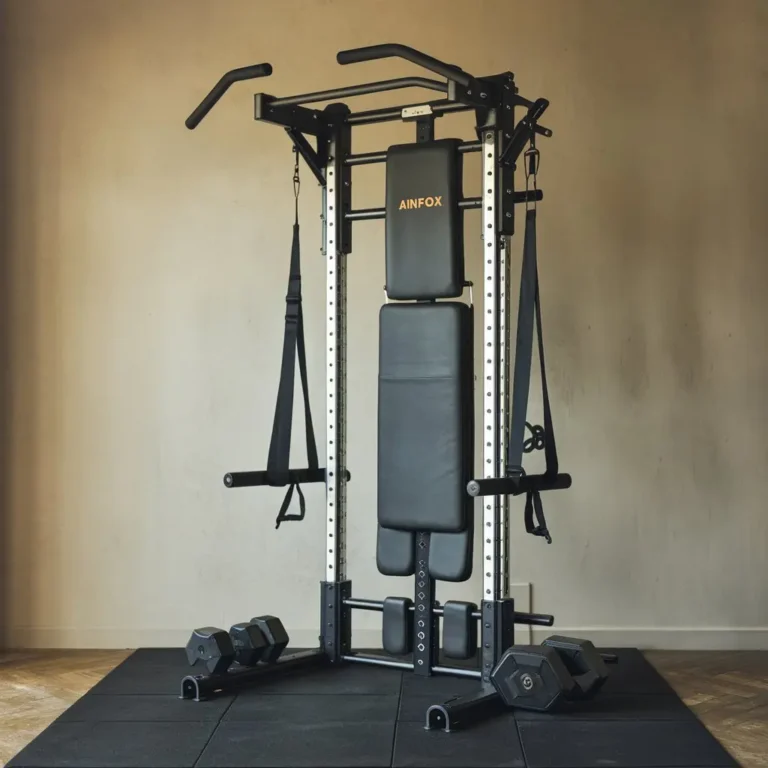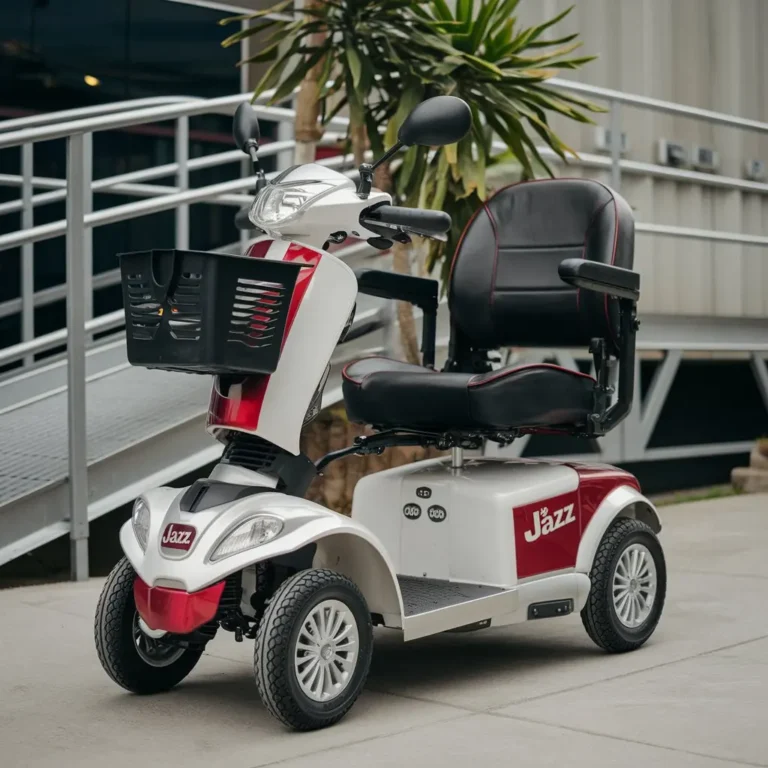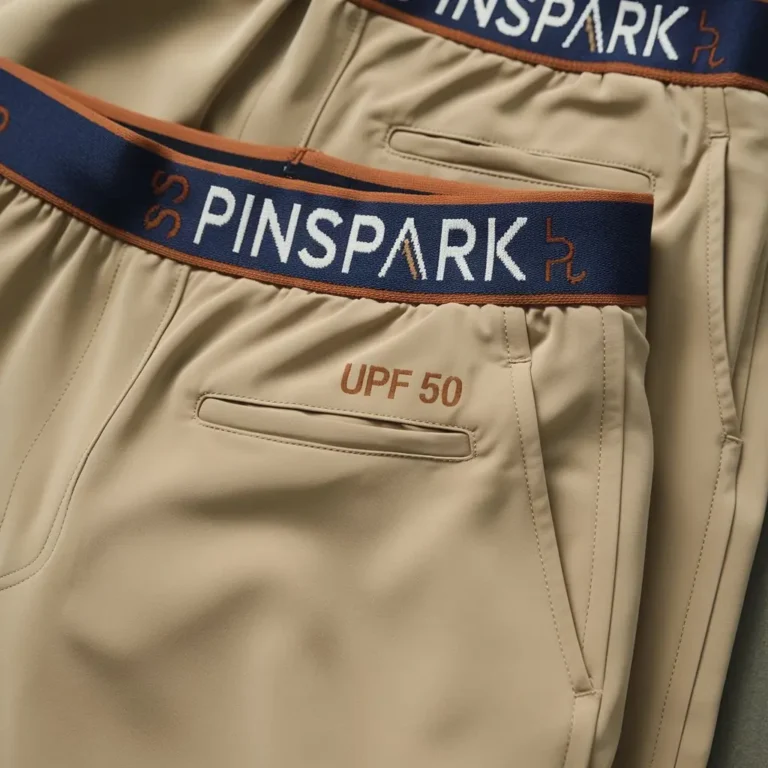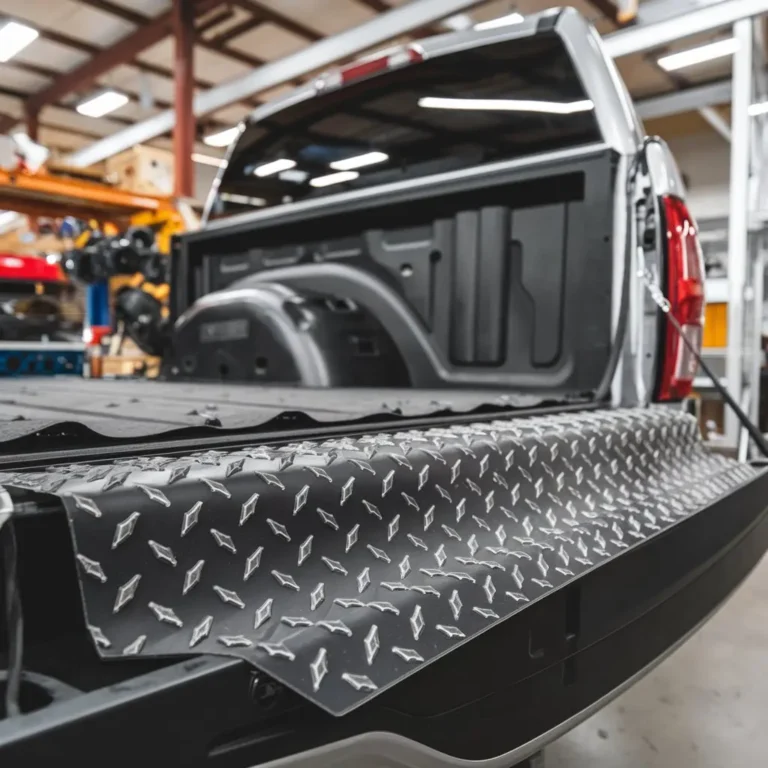Why You Should Get Your Mobile Home Belly Wrap and Insulation Replaced in Hamilton, Ohio
Mobile homes in Hamilton, Ohio, face unique weather challenges. Ensuring your home has proper insulation and a sturdy belly wrap is crucial. This upgrade keeps your home comfortable and energy-efficient.
What is a Mobile Home Belly Wrap?
A belly wrap, or “underbelly,” is the protective layer beneath your mobile home. It seals the bottom, preventing water, pests, and cold air from entering. Without it, your mobile home becomes exposed to damaging elements.
Mobile home belly wraps also insulate the underside of your home. They hold insulation in place, keeping warmth inside during Ohio’s colder months. When it’s intact, it protects your home’s plumbing and interior.
Why Does Belly Wrap Matter in Ohio’s Climate?
Hamilton, Ohio, has a mix of hot summers and cold winters. This means your mobile home’s insulation system faces extreme temperature shifts. A secure belly wrap shields your home against these temperature changes, keeping it comfortable year-round.
A functional belly wrap prevents heat from escaping in the winter. It also helps block excessive heat during the summer. Without a proper belly wrap, your energy bills will likely rise due to extra heating and cooling.
Signs You Need to Replace Your Belly Wrap and Insulation
You might wonder if your belly wrap and insulation need replacement. There are some clear signs that indicate replacement is necessary. These signs ensure your mobile home stays protected.
- Increased Energy Bills: If you notice sudden spikes in heating or cooling costs, insulation issues could be the cause. Worn insulation or a damaged belly wrap allows air to escape or enter easily.
- Cold or Drafty Floors: A properly insulated mobile home keeps floors warm, even during winter. If your floors feel chilly, your insulation or belly wrap might be compromised.
- Visible Damage: Cracks, tears, or worn spots in the belly wrap are warning signs. Exposed insulation attracts moisture, which can cause mold and damage.
- Pest Problems: If pests can enter, they can also cause damage. Holes or tears make it easier for pests to enter and build nests.
Benefits of Replacing Your Belly Wrap and Insulation
Replacing your mobile home’s belly wrap and insulation has significant benefits. Each benefit improves your living experience and home value. Investing in these repairs enhances your home’s performance and comfort.
1. Lower Energy Bills
Replacing worn insulation and belly wrap cuts down on energy waste. With efficient insulation, your mobile home keeps heat inside during winter. During summer, it blocks out hot air, reducing the need for air conditioning.
A well-sealed belly wrap reduces drafts and maintains a stable indoor temperature. This upgrade significantly lowers your heating and cooling expenses. Ultimately, you’ll save money on utility bills year-round.
2. Increased Comfort
Comfort is a top priority for every homeowner. Proper insulation makes a major difference in how comfortable your mobile home feels. You’ll avoid cold drafts, uneven temperatures, and noisy airflow.
New insulation and belly wrap create a quieter, more consistent environment. You’ll notice fewer temperature fluctuations between rooms. This comfort upgrade makes relaxing in your home much easier.
3. Protection Against Moisture and Pests
Mobile homes often face moisture-related problems without proper insulation. Replacing your belly wrap helps keep moisture out, preventing mold and mildew growth. This protects your home’s interior and improves air quality.
Additionally, a strong belly wrap blocks pests from entering. Rats, insects, and other pests damage insulation and introduce allergens. With a new belly wrap, you avoid costly pest damage.
4. Increased Longevity for Pipes and Wiring
Your mobile home’s pipes and wiring depend on proper insulation. Without it, freezing temperatures can damage pipes, leading to costly repairs. In addition, poor insulation can cause wiring issues.
With a fresh belly wrap and insulation, your pipes stay protected from freezing. Your wiring remains stable, reducing the risk of electrical problems. These improvements save you from expensive emergency repairs.
Choosing the Right Material for Replacement
Selecting high-quality materials is essential for a lasting upgrade. Quality materials ensure durability and effectiveness, especially in Ohio’s varying climate. Several types of insulation and belly wraps are available.
1. Closed-Cell Spray Foam
Closed-cell spray foam provides an excellent barrier for mobile homes. It seals gaps tightly, blocking air, moisture, and pests. Its rigid structure keeps insulation secure even under high pressure.
Spray foam works well in extreme temperatures, making it ideal for Ohio’s weather. It’s also resistant to mold and mildew, adding another layer of protection.
2. Fiberglass Insulation
Fiberglass insulation is affordable and efficient for mobile homes. It traps air effectively, providing good temperature control. However, it requires a solid belly wrap to hold it in place.
When choosing fiberglass, ensure you use quality belly wrap material. This prevents the insulation from sagging or falling out over time.
3. Heavy-Duty Belly Wraps
Heavy-duty belly wraps provide robust protection against outdoor elements. Made from thick polyethylene, they resist moisture and punctures. A strong belly wrap keeps insulation safe and secure.
Look for belly wraps specifically designed for mobile homes. They’re durable and provide a snug fit, ensuring complete coverage.
DIY vs. Professional Replacement
Replacing a mobile home belly wrap and insulation can be complex. Some homeowners choose DIY, but hiring a professional often leads to better results. Consider your skill level and tools when deciding.
DIY Replacement
DIY replacement can save money, but it requires time and effort. You’ll need to buy materials, tools, and protective gear. Additionally, installing insulation properly takes skill and attention to detail.
If you’re familiar with mobile home repairs, DIY can be a budget-friendly option. Just ensure you follow safety guidelines and installation instructions carefully.
Professional Installation
Hiring a professional guarantees quality and durability. Professionals have experience with mobile home belly wraps and insulation. They’ll also identify any underlying issues, preventing future problems.
While professional installation costs more, it offers peace of mind. You’ll have confidence that your insulation and belly wrap are installed correctly. Many professionals also offer warranties on their work.
How Much Does Replacement Cost?
The cost of replacing a belly wrap and insulation varies. Factors like material choice, labor, and home size impact the price. It’s essential to budget for both materials and installation.
For DIY projects, the cost depends on materials and tools. Basic belly wrap kits range from $200 to $500. Adding insulation may cost an additional $100 to $300, depending on the type.
Professional replacement can cost between $1,000 and $2,500. While more expensive, this option includes skilled labor and often lasts longer. Professionals also complete the work faster, saving you time.
Finding a Trusted Installer in Hamilton, Ohio
Selecting the right installer ensures you receive quality work. Look for contractors specializing in mobile home insulation. Reviews and recommendations help you choose a reliable installer.
Ask potential installers about their experience with mobile home belly wraps. Verify that they use high-quality materials and follow safety standards. This ensures your home remains protected and insulated properly.
Hamilton, Ohio, has several mobile home specialists available. Compare quotes and services to find the best fit for your needs. Remember, quality installation adds value to your mobile home.
When is the Best Time for Replacement?
Spring and summer are ideal times for replacing belly wraps. Warmer weather makes installation easier and faster. This timing also prepares your home for the upcoming winter months.
In winter, the ground may be frozen, making installation difficult. Additionally, repairing insulation during cold weather can lead to heat loss. Planning for spring or summer ensures a smooth replacement process.
Replacing your belly wrap before winter prevents drafts and keeps your home warm. By preparing early, you’ll avoid higher heating costs and potential plumbing issues.
Final Thoughts
Investing in belly wrap and insulation replacement offers long-term benefits. It improves comfort, energy efficiency, and home durability. By taking action, you ensure your mobile home stays comfortable and well-protected.
Replacing insulation also boosts your home’s value. A well-insulated home appeals to future buyers, making it a wise investment. In Hamilton, Ohio, this upgrade prepares you for any weather condition.
Choose quality materials and consider hiring a professional. This upgrade enhances your living space and reduces long-term expenses. Make your mobile home a cozy, energy-efficient haven.

